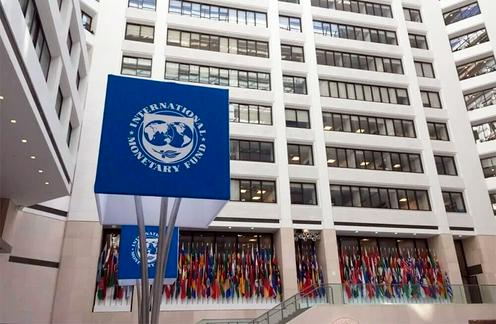Uzbekistan’s pension system is in urgent need of reform to ensure its long-term sustainability and to maintain adequate pension levels in the face of demographic pressures and rising public expenditures, according to a new report by the International Monetary Fund (IMF).
Among the IMF’s key recommendations—echoing those of the World Bank—is the gradual increase of the retirement age, which currently stands at 60 for men and 55 for women. Experts propose raising the retirement age by 3 to 4 months annually, aiming to reach 65 by the mid-2040s. The report also advises gradually increasing pension contribution rates and eliminating preferential rates for certain organizations to boost contributions to the system.
The IMF suggests calculating pension benefits based on an individual’s average earnings over their entire career, rather than only the final years of employment. It also calls for the introduction of automatic inflation-indexing of pensions to preserve their purchasing power. Social pensions, the report notes, should be strictly means-tested and financed through the state budget to ensure support reaches those most in need.
In December 2024, a dedicated seminar on pension reform was held in Uzbekistan, after which work began on drafting a reform concept that is expected to be presented to the president by September 2025. According to IMF experts, these measures are essential to reduce fiscal pressure and strengthen the pension system’s resilience.
The report also emphasizes the need for broader reforms in social policy and labor markets. The IMF calls for accelerated efforts to increase employment among women and youth, reduce informal employment, and improve vocational education systems. Priority should be given to expanding the formal sector, streamlining procedures for starting and closing businesses, and enhancing labor mobility.
In terms of social spending, the IMF recommends improving the targeting of welfare programs, optimizing the subsidy system, and increasing the efficiency of public expenditures on healthcare, education, and social protection. Additional goals include completing the reform of energy tariffs with appropriate support for vulnerable populations, improving water resource efficiency, and advancing the country’s climate agenda.
Overall, the IMF views continued progress on social and labor market reforms as critical for Uzbekistan’s inclusive and sustainable economic growth. The report places particular emphasis on reducing the role of the state and ensuring a level playing field for the private sector.
According to Uzbekistan’s Pension Fund under the Ministry of Economy and Finance, as of June 1, 2025, the country has nearly 4.2 million pensioners, including 3.47 million receiving age-related pensions, 476,200 on disability pensions, and 248,900 on survivor benefits. Uzbekistan’s population exceeds 37.8 million. The average monthly pension stands at 1.4 million soums (approximately $112).










